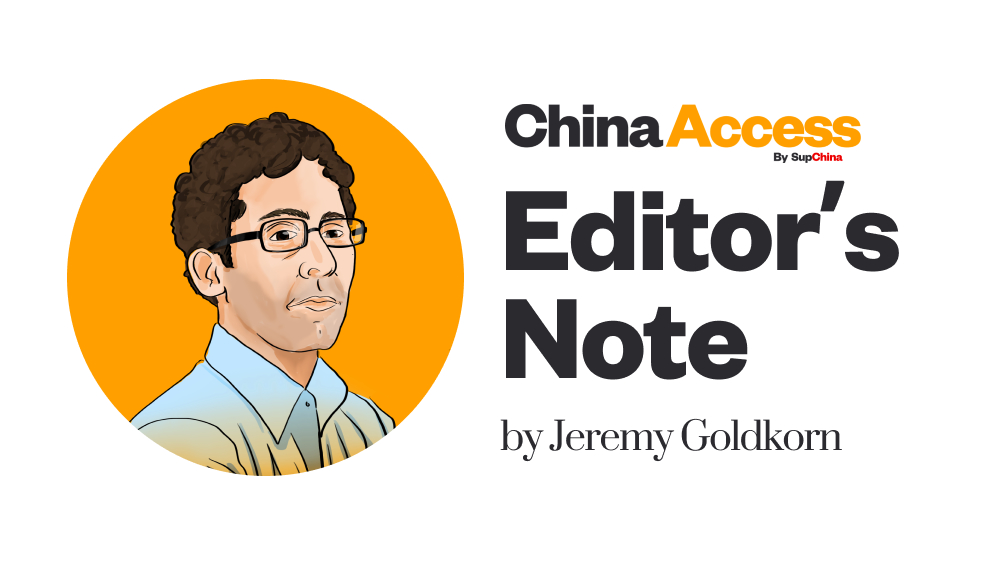Editor’s Note for Monday, August 22, 2022
A note for Access newsletter readers from Jeremy Goldkorn.

My thoughts today:
China’s Foreign Ministry has not published its usual transcript of its daily briefing today, but instead issued two separate “spokesperson’s remarks,” one on “the Visit to Taiwan by Governor of the U.S. State of Indiana” (English, Chinese), and one on “the Wrongful Remarks by U.S. Ambassador to China Concerning the Taiwan Region (English, Chinese). Both statements are written in a very angry tone.
In the piece about the U.S. ambassador’s “wrongful remarks,” the spokesperson says that “it would be unfair to say that the U.S. had not been warned about the consequences if [Nancy Pelosi’s visit to Taiwan] took place. The Chinese version uses a notable phrase, which is our word of the day, and may also be translated as: Don’t say that I didn’t warn you (勿谓言之不预也 wù wèi yán zhī bù yù yě).
The phrase dates back to the Qing dynasty (1622–1912) and was notably used in the second letter that the Qianlong Emperor wrote to King George, rejecting British requests for China to open up to foreign trade.
More recently, the PRC government used the phrase to warn India in advance of the 1962 border war, and to warn Vietnam in advance of its invasion of 1979. In the last few years, Beijing has used the phrase several times to warn the U.S. and Taiwan about various matters — Baidu has a short history of such warnings (in Chinese).
—Jeremy Goldkorn, Editor-in-Chief






